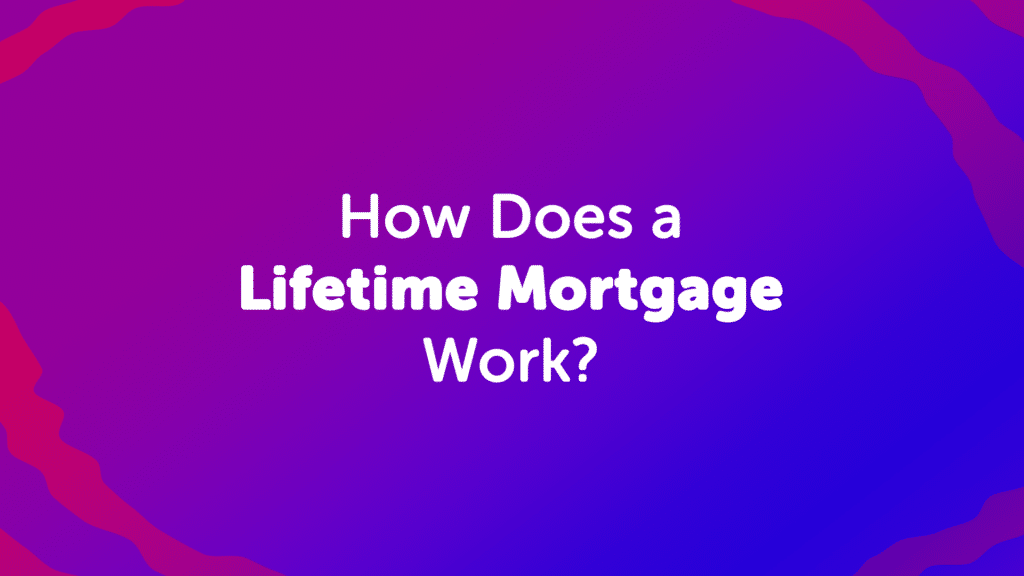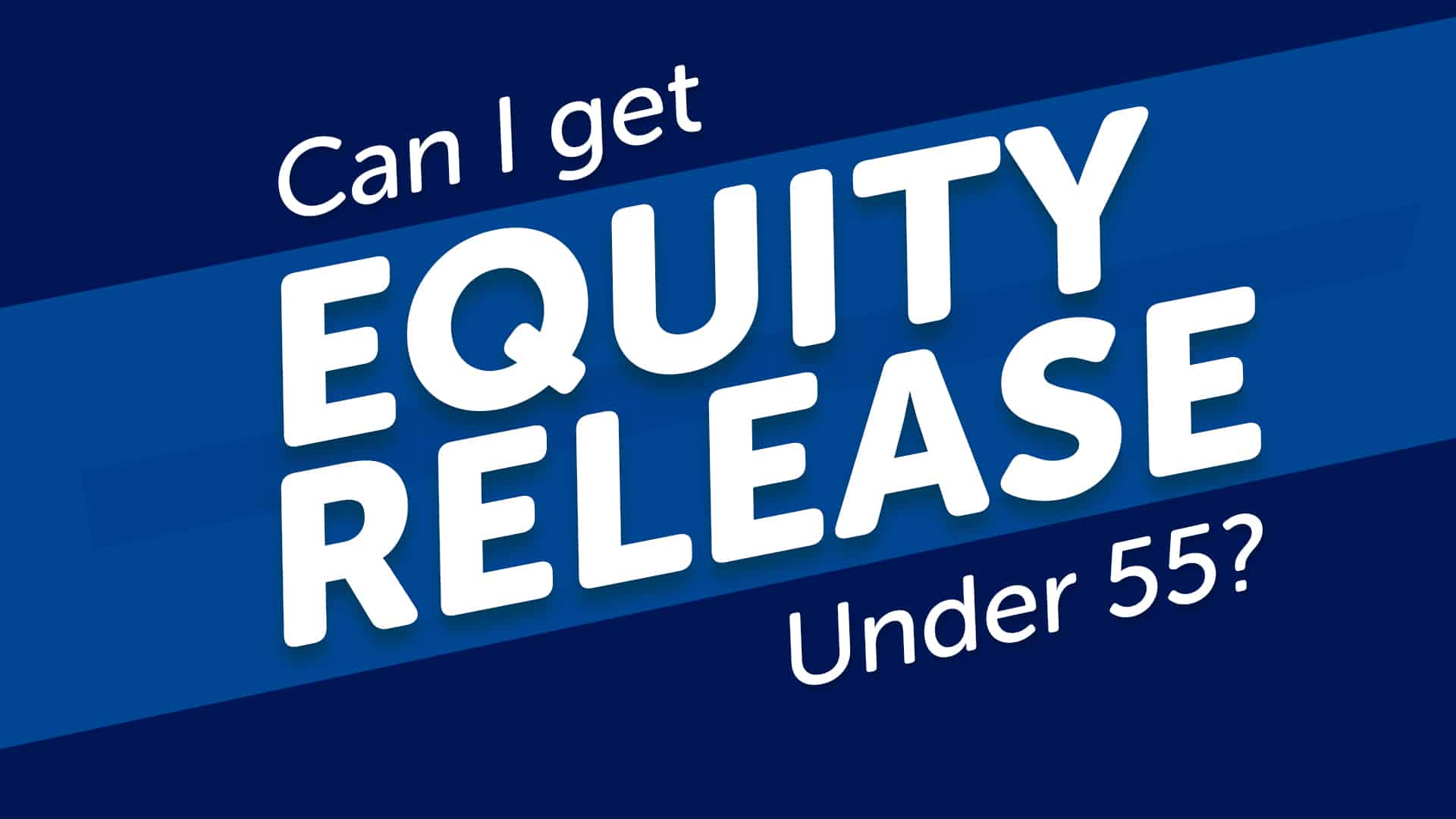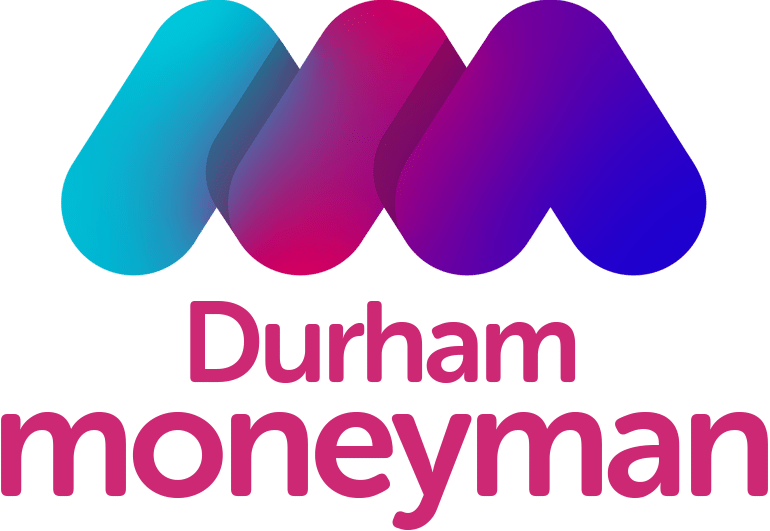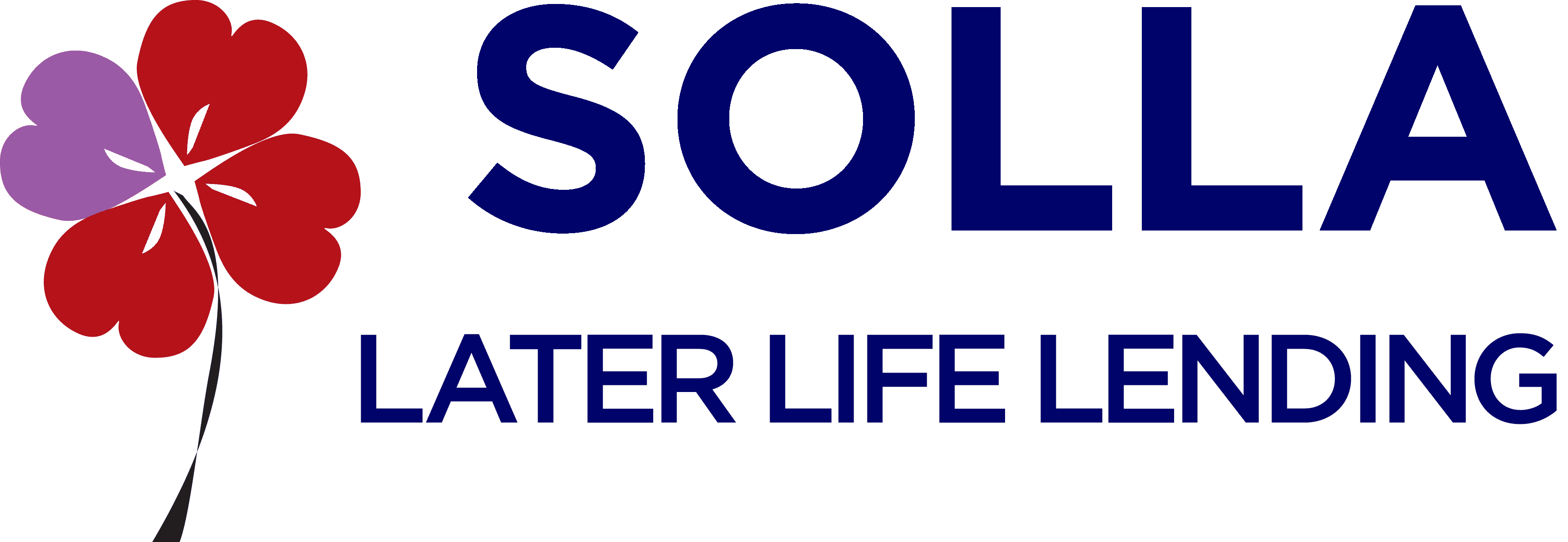Different Types of Mortgages Explained in Durham
For first time buyers in Durham, in today’s mortgage market, you’ve got lots of options to choose from. But don’t worry, we’re here to help you figure out which one is right for you.
All mortgages work in a similar way, but they can be a bit different when it comes to things like interest rates, how you pay back the money, and any extra fees. So, finding the most suitable deal isn’t just about picking the one with the lowest interest rate. It’s more about finding the mortgage that fits your situation the best.
To make things clearer, we’ve put together this guide to explain the different types of mortgages you can get in Durham. We’ll explain the difference between repayment and interest-only mortgages – these are the two main types you should know about. After that, we’ll move on to tracker and fixed-rate mortgages, which are both ways to pay back your mortgage.
What is a repayment mortgage?
A repayment mortgage is a type of home loan where you make regular monthly payments that cover both the interest on the loan and a portion of mortgage amount. With each payment, you’re gradually paying off the borrowed money along with the interest that the lender charges.
As time goes on, the balance of your loan decreases because you’re steadily repaying both the interest and the mortgage. This means that over the course of the mortgage term, you’ll eventually pay off the entire loan, assuming you keep up with your monthly repayments.
Repayment mortgages are designed to ensure that by the end of the mortgage term, usually 25 to 30 years, you’ll have fully paid off the loan and own the property outright. Because you’re consistently reducing the principal balance, the interest you owe also decreases over time.
Repayment mortgages provide the benefit of a clear and structured path to full homeownership. With each payment, you’re building equity in your property and working towards owning it outright.
What is an interest-only mortgage?
An interest-only mortgage is a type of home loan where your monthly payments cover only the interest charges on the loan, and you’re not required to repay the original amount borrowed during the initial phase of the mortgage. This means that while you’re making payments, the amount you owe doesn’t decrease, and the mortgage balance remains the same.
With an interest-only mortgage, your payments are generally lower than those of a repayment mortgage because you’re not paying off the principal. However, it’s important to note that this type of mortgage typically has a specific term during which you’re allowed to make interest-only payments. After this initial period, you’ll need to start repaying both the principal and the interest, often leading to higher monthly payments.
Interest-only mortgages might appeal to landlords who are looking for lower initial payments or who anticipate a significant increase in their income in the future like with a buy to let mortgage in Durham, which would allow them to start repaying the principal later.
Interest-only mortgages can be complex and come with potential financial risks. It’s crucial to thoroughly understand the terms, risks, and potential consequences before considering this type of mortgage and to have a clear plan for how you’ll eventually repay the principal.
What is a fixed-rate mortgage?
A fixed-rate mortgage is a type of mortgage where the interest rate remains constant, or “fixed,” for a predetermined period. This means that the interest rate you start with when you take out the mortgage will stay the same throughout that set timeframe, regardless of any changes in the Bank of England’s base interest rate.
The fixed-rate period can vary, typically lasting for 2, 3, 5, or even 10 years. Once this period ends, the mortgage usually switches to your lenders standard variable rate, unless you decide to remortgage in Durham beforehand.
The main advantage of a fixed-rate mortgage is stability. Since your interest rate remains constant, your monthly payments won’t change, making it easier to budget and plan for your housing expenses.
What is a tracker mortgage?
A tracker mortgage is a type of variable-rate mortgage that is linked to a specific financial index, typically the Bank of England’s base interest rate. The interest rate on a tracker mortgage “tracks” or mirrors the movements of the chosen index, meaning that when the index rate goes up or down, the interest rate on your mortgage will also adjust accordingly.
For example, if you have a tracker mortgage that is set at “Base Rate + 1%,” and the Bank of England’s base interest rate is 0.5%, your mortgage interest rate would be 1.5% (0.5% + 1%). If the base rate increases to 1%, your mortgage rate would then become 2% (1% + 1%).
Tracker mortgages usually come with certain conditions, such as a “tracker period” during which the interest rate follows the index closely. After this period, the mortgage might switch to a different interest rate structure, like the lender’s standard variable rate (SVR).
One advantage of a tracker mortgage is that it provides transparency and predictability since your rate changes are directly tied to a publicly available index. However, just like any variable-rate mortgage, there’s the potential for your payments to increase if the rate goes up.
What is an offset mortgage?
An offset mortgage is a type of home loan that allows you to link your mortgage account to your savings and/or current accounts. The balances in these linked accounts are “offset” against the outstanding balance of your mortgage. This means that the amount of money you have in your linked accounts is subtracted from the amount you owe on your mortgage, and you only pay interest on the difference.
For example, if you have a mortgage of £200,000 and you have £20,000 in your linked savings account, you would only be charged interest on £180,000 (£200,000 – £20,000). This can lead to potential interest savings over the life of the mortgage.
Offset mortgages often come with slightly higher interest rates compared to standard mortgages, so it’s important to weigh the potential interest savings against the higher interest rate.
They can be particularly advantageous for individuals with substantial savings or those who receive irregular income, like freelancers or business owners. They provide a way to use your savings to offset the cost of your mortgage while keeping your funds accessible. As with any mortgage type, it’s crucial to carefully read and understand the terms and conditions to ensure it aligns with your financial goals and circumstances.
Date Last Edited: December 6, 2023















